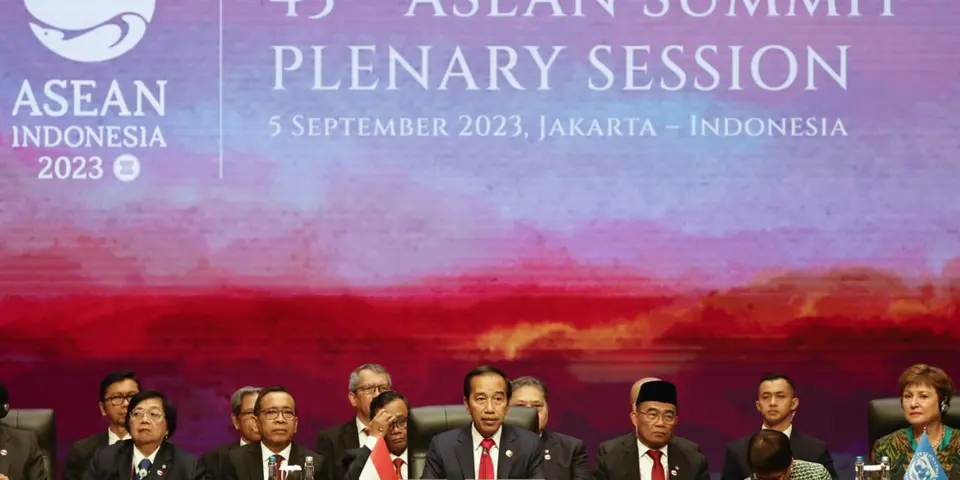
ASEAN’s ‘review and decision’ on Five Point Consensus falls short of what is needed to resolve Myanmar crisis, Southeast Asian MPs say
September 06, 2023

JAKARTA – The Review and Decision on the Implementation of the Five Point Consensus agreed to by ASEAN leaders at the 43rd ASEAN Summit in Jakarta falls short of the steps necessary to resolve the Myanmar crisis and restore democracy in the country, ASEAN Parliamentarians for Human Rights (APHR) said today.
“When President Jokowi opened the ASEAN Summit retreat session, he said that ASEAN needed more ‘tactical and extraordinary’ efforts to implement the Five Point Consensus,” said APHR Chair and member of Indonesian House of Representatives Mercy Barends. “Unfortunately, the ‘review and decision’ document does not reflect that need for extraordinary and urgent measures.”
The document states that ASEAN will continue to use the Five Point Consensus as the ‘main reference point’ to address the crisis in Myanmar and once again urged the Myanmar junta to ‘de-escalate violence and stop targeted attacks against civilians.’ The document also notes that ASEAN leaders have agreed that Myanmar will not chair ASEAN in 2026.
“We appreciate that ASEAN leaders have condemned the violence perpetrated by the junta; however, words of condemnation are not enough to stop these acts from happening. And while ASEAN reaffirmed its commitment to assisting Myanmar in finding a peaceful solution – it does not indicate how or what steps will be taken,” said Barends. “ASEAN has also failed to acknowledge and recognize the efforts and leadership of the pro-democracy movement in their various capacities.”
Since the illegal coup in February 2021, at least 4,000 civilians have been killed, while nearly two million others have been forced to flee their homes. The Assistance Association for Political Prisoners (AAPP) estimates that the junta has arrested over 24,000 political prisoners since the coup, over 19,800 of which remain in detention.
“It has been almost three years since the coup, during which millions of people have had their lives irrevocably shattered by the junta’s atrocities. And yet ASEAN seems content to continue to act as if the Myanmar crisis was some bureaucratic mix-up that can be periodically ‘reviewed’ and not an ongoing armed conflict where lives are on the line every day,” said Barends.
The Myanmar junta’s Ministry of Foreign Affairs has issued a statement rejecting the ‘review and decision’ claiming that it was ‘not objective’ and ‘one-sided.”
“If there was not already enough proof, the Myanmar junta’s response to ASEAN’s review and decision further shows that the junta is a bad-faith actor that has no interest in pursuing the peaceful, democratic, and inclusive resolution that the people of Myanmar deserve. ASEAN leaders must open their eyes to this reality and stop acting as if the junta can be counted on to uphold and protect human rights, ” said Barends. “ASEAN must take a much harder line and detail enforcement mechanisms that will genuinely hold the junta to account, otherwise it is merely prolonging the status quo.”
“We urge ASEAN to take strong and meaningful actions – including openly recognizing and supporting pro-democracy forces, and creating concrete accountability mechanisms for the junta – so that it is remembered as an organization that helped ease that suffering, rather than one that compounded it,” said Barends.
ASEAN Parliamentarians for Human Rights (APHR) was founded in June 2013 with the objective of promoting democracy and human rights across Southeast Asia. Our founding members include many of the region's most progressive Members of Parliament (MPs), with a proven track record of human rights advocacy work.